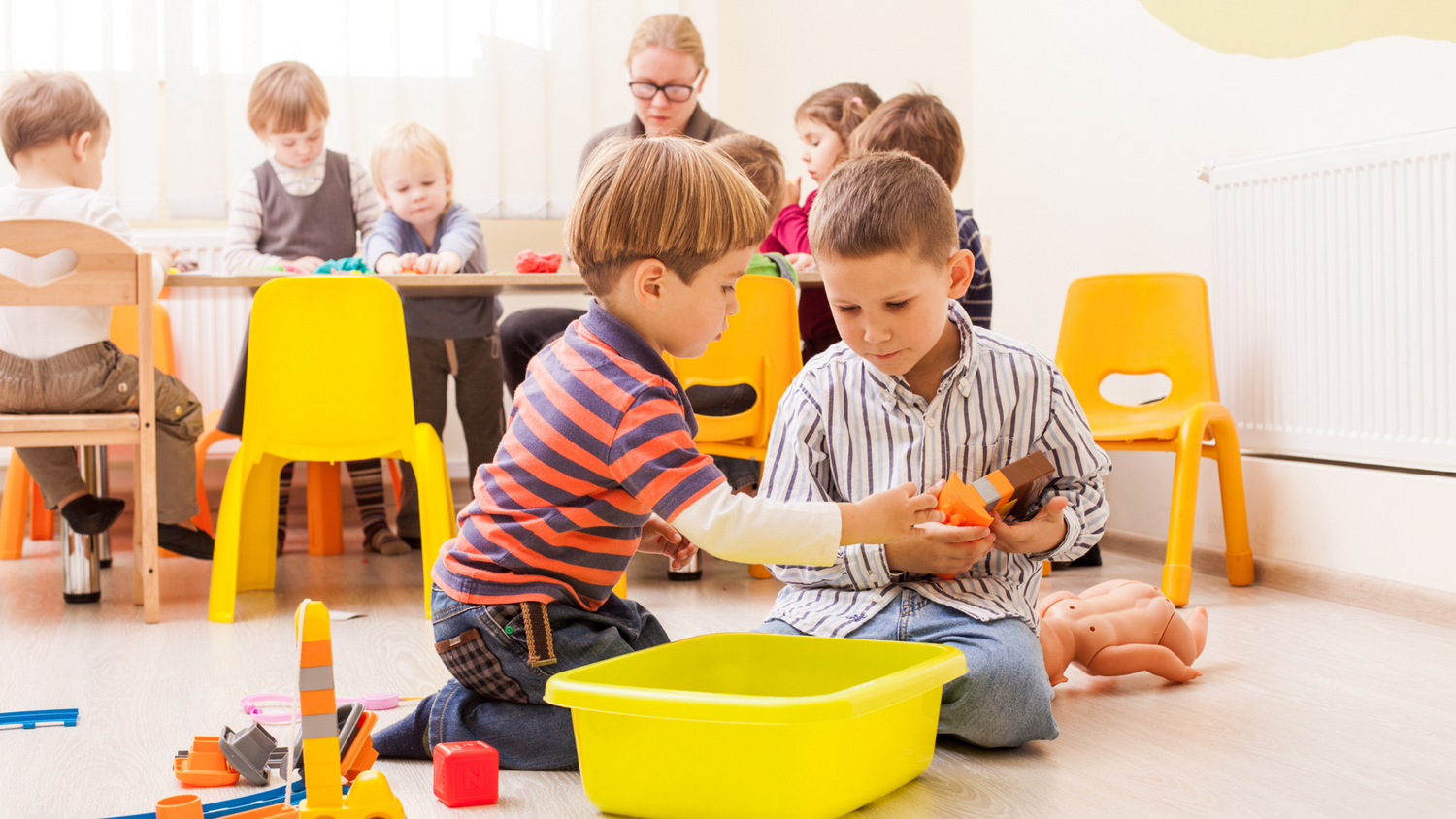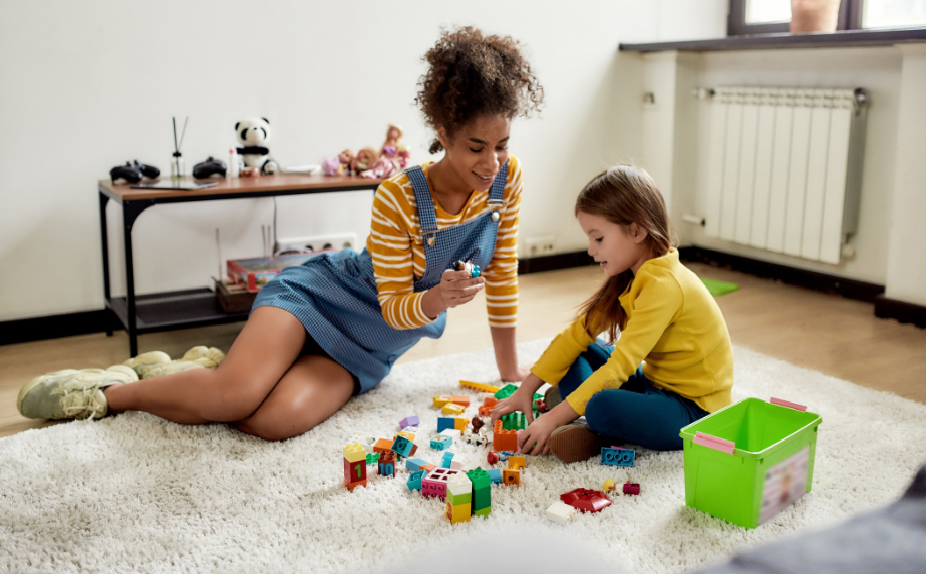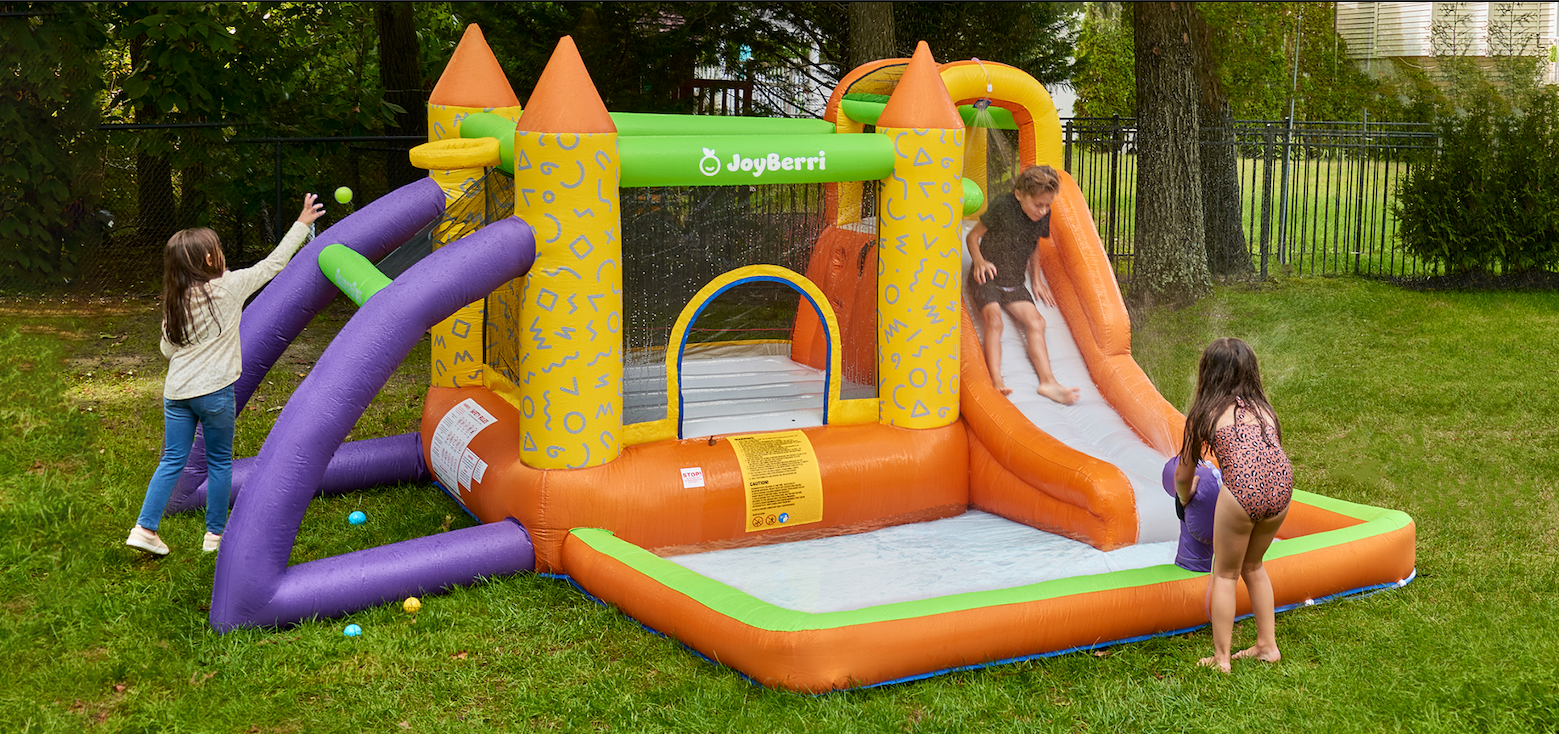The Impact of Toys on Children's Development
Toys are more than just objects of entertainment for children; they play a crucial role in their overall development. From infancy through childhood, toys serve as valuable tools that contribute to cognitive, physical, social, and emotional growth. In this article, we explore the profound impact that toys have on children's development and highlight the importance of selecting age-appropriate and educational toys.
Cognitive Development:
Toys have a significant impact on children's cognitive development. They stimulate curiosity, promote exploration, and facilitate learning. Infants and toddlers benefit from toys that engage their senses, such as rattles or textured toys, which promote sensory awareness. As children grow older, toys like puzzles, building blocks, and scientific kits enhance problem-solving skills, critical thinking abilities, and spatial reasoning. These toys encourage children to think logically, make connections, and engage in imaginative play, fostering cognitive growth.
Physical Development:
Toys play a vital role in promoting physical development in children. From the early stages of grasping toys to later years of engaging in active play, toys contribute to the development of fine and gross motor skills. Manipulating objects, building with blocks, and playing with construction sets improve hand-eye coordination, dexterity, and muscle strength. Outdoor toys like bicycles, balls, and skipping ropes encourage physical activity, enhance balance, and foster overall physical fitness. Through play, children develop their motor skills and lay the foundation for a healthy lifestyle.
Social Development:
Toys provide opportunities for children to engage in social interactions and develop essential social skills. Board games, cooperative playsets, and dolls promote collaboration, turn-taking, and sharing. These toys teach children valuable lessons in teamwork, negotiation, and communication. Pretending to play with dolls, action figures, or role-playing sets encourages children to explore social roles, practice empathy, and develop their imagination. By engaging with toys that facilitate social interaction, children acquire the necessary skills to build friendships, and navigate social situations effectively.
Emotional Development:
Toys also have a significant impact on children's emotional development. Stuffed animals, dolls, and puppets become companions that children can use to express their emotions and develop a sense of empathy. Through imaginative play, children can explore different roles, experiences, and emotions, enhancing their emotional intelligence and self-awareness. Toys that focus on emotional themes, such as emotion cards or feeling-based games, help children recognize and understand their own feelings and those of others, fostering emotional growth and empathy.
Language and Communication Development:
Toys play a vital role in fostering language and communication skills in children. From early infancy, toys like rattles and musical instruments introduce children to different sounds, helping develop auditory perception and language recognition. As children grow, toys such as building blocks, puzzles, and interactive educational toys promote vocabulary expansion, speech development, and language fluency. Role-playing toys and storytelling aids encourage children to use their imagination, express themselves, and develop their verbal and non-verbal communication skills.
Toys are not mere playthings; they are powerful tools that shape children's development in various domains. Toys provide a wealth of opportunities for children to explore, learn, and thrive. As parents, caregivers, and educators, it is crucial to select toys that align with a child's developmental stage and offer educational value. By providing a rich and diverse range of toys, we create an environment that supports children's growth, nurtures their skills, and empowers them to reach their full potential. Let us embrace the transformative impact of toys on children's development and make informed choices to create a world of play that fosters holistic growth and learning.





